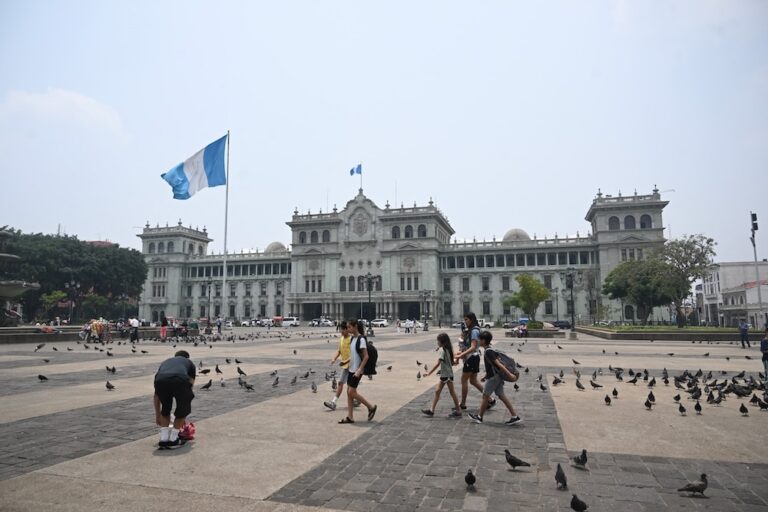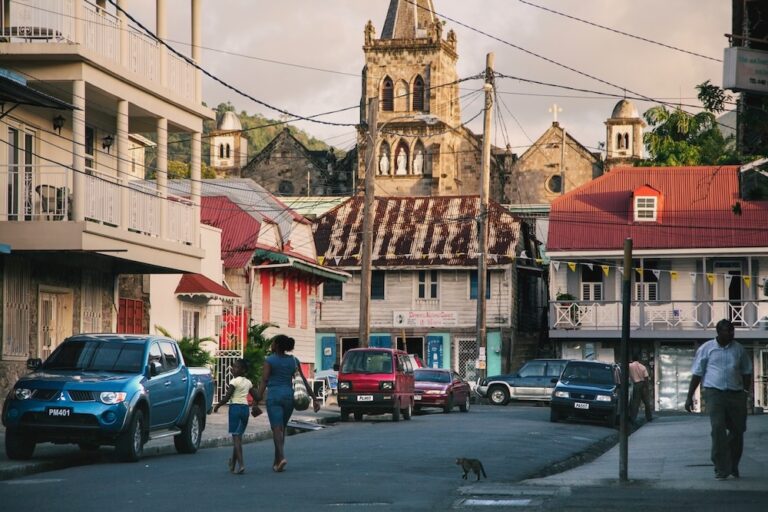September in the Americas: A free expression and civic space round-up produced by IFEX’s Regional Editor Laura Vidal. Two ongoing stories highlight key challenges in connection with the International Day for Universal Access to Information, celebrated on 28 September.
In Brazil, the suspension of X (formerly Twitter) following a Supreme Court decision has sparked a complex debate about sovereignty and freedom of expression. Meanwhile, in Argentina, recent legislative changes threaten access to public information, weakening transparency and accountability measures long fought for by civil society. Across the region, crackdowns on independent voices continue, with increased repression in Venezuela and Cuba, and growing threats to academic and intellectual freedom.
X vs Brazil: A complex case of sovereignty and freedom of expression
The suspension of X (formerly Twitter) in Brazil has sparked a debate, seen differently depending on one’s perspective. While outside Latin America many saw the decision by Brazil’s Supreme Court as an attack on freedom of expression, within the region the issue was also framed as one of sovereignty. For organisations and commentators in Latin America, the central concern was not just free speech but also the role of multinational tech companies like X, whose refusal to comply with local laws was seen as an overreach of foreign influence on a nation’s political landscape source.
On 30 August, the Supreme Court of Brazil ordered the suspension of X and issued sanctions against users attempting to evade the block using virtual private networks (VPNs). Initially, the court also ordered Apple and Google to remove VPN apps from their stores, although this decision was quickly reversed.
This decision by Brazil’s Supreme Court does not exist in a vacuum; it follows intense debates surrounding disinformation in elections. Elon Musk, who has publicly supported key figures from Brazil’s right-wing, has been accused of enabling the spread of harmful misinformation. During the 2022 presidential election, X accounts – that were afterwards suspended – widely called for a military coup and violence against opposition leaders. Defenders of the court’s ruling argue that its actions, supported by a majority of the court, are essential for safeguarding democracy.
In an article published by Context, Veridiana Alimonti (also from IFEX member EFF) pointed out that the blocking of X illustrates the complexities that come when economic powers and freedom of expression find themselves in confrontation. According to Alimonti and other commentators, the situation reflects how free speech has been weaponised, with legal proceedings clouded by political polarisation and a battle between two powerful public personalities. In the end, however, Musk’s defiance of Brazilian law has led, and had to lead, to a strong enforcement response, raising broader questions about how multinational tech companies interact with sovereign nations in the Global South.
This view is shared by many analysts in Latin America, who have expressed concern not only about freedom of expression but about how global tech giants, particularly from the United States, see the region. Freedom of expression as well as access to information is indeed an important element in this deadlock, but the issue of sovereignty is at center of the controversy.
International organisations such as IFEX member Reporters Without Borders (RSF) have also weighed in. RSF supported the Brazilian court’s decision, noting that X’s refusal to comply with the country’s legal requirements over several months left the court with little choice. While acknowledging that journalists extensively use X as a tool for their work, RSF stressed that no platform should be above the law. The case demonstrates the importance of enforcing legal responsibility when digital platforms contribute to disinformation or fail to meet judicial orders source.
According to the Brazilian Supreme Court, X had ignored repeated requests to block accounts spreading disinformation and failed to appoint a legal representative in the country, leading to the decision to suspend the platform. Rights organisations like IFEX member Derechos Digitales note that these multinational platforms often argue that local jurisdictions don’t apply to them, claiming that their foreign subsidiaries have no connection to the parent company. In some cases, requests from authorities remain unanswered. Similar situations have taken place across the region, which prompts important questions about the different ways Big Tech tends to contemptuously dismiss local entities.
In a recent update, X finally complied with the Brazilian judicial orders, removing the contentious accounts, paying relevant fines, and appointing a legal representative in the country. However, the court has now requested further documentation to ensure the company is fully in compliance with Brazilian law.
The situation remains fluid, with much at stake for democracy, rule of law, and free expression in Brazil. The debate raises critical questions about the role of tech giants in sovereign nations and how best to balance the need for free speech with the responsibility of these platforms to comply with local laws.
Argentina: A step back for public information access
Argentina’s recent decree 780/2024 has sparked concern among civil society and press freedom advocates – among them, IFEX member FOPEA – for its regressive impact on the country’s public information access laws. The decree, introduced by the administration of President Javier Milei, modifies the Public Information Access Law (Law 27.275), which was originally seen as an advanced legislative effort that met international standards.
The new amendments raise several red flags, including around the use of vague terms like “violation of good faith” and the inclusion of “damages or harm” as criteria for withholding information. These provisions allow public authorities significant discretion to deny access to public data by citing potential harm. This marks a significant shift from the original law’s intent, which aimed to prevent arbitrary decisions from public officials in restricting public access to information.
One of the most alarming aspects is the introduction of new requirements for identifying and registering individuals requesting information. This measure threatens to undermine the principle that public information should be accessible to everyone, regardless of identity, and it opens the door to potential sanctions against those seeking information. This contrasts sharply with the previous practice where individuals were not required to provide personal identification.
In response, 69 civil society organisations have spoken out against the decree, issuing a statement titled “A decree cannot limit access to public information.” They underscore the importance of transparency in democratic societies and raise concerns that such changes could significantly impair citizens’ right to know.
These alarming changes have counterparts in other parts of Latin America, notably Mexico, where federal efforts have aimed to weaken the National Institute for Access to Information (INAI). IFEX member ARTICLE 19 Mexico and Central America has warned that such moves reflect a larger rollback in transparency, undermining hard-won accountability measures from the past two decades.
Historically, the long push for transparency in the Americas has been marked by the adoption of the Model Inter-American Law on Access to Information by the OAS more than a decade ago, with an updated version released recently. Argentina and Mexico’s access to information laws are direct outcomes of that movement, and Mexico’s INAI was a leading example of such efforts. The elimination of independent oversight represents a worrying reverse trend.
In brief
Colombian President Gustavo Petro signed a directive aimed at promoting ethical conduct and safeguarding freedom of expression and the press, in collaboration with the Inter-American Commission on Human Rights (IACHR). However, his subsequent speech, using harmful language toward the press, diminished the initial enthusiasm.
The report “Post-electoral Crisis and Human Rights in Venezuela 2024” was released by multiple NGOs under the generic name “Human Rights of Venezuela in Movement” to protect the contributors, given the severe crackdown currently ongoing in Venezuela. The wave of repression related to the elections continues to intensify and has translated into a long list of media workers and journalists who have been targeted. At this moment, eight journalists are being held for their work.
Despite the release of 135 political prisoners in Nicaragua – exiled to Guatemala, their nationalities removed – journalist Fabiola Tercero Castro has remained missing for over two months following a police raid on her home. Reporters Without Borders (RSF) is urging the Nicaraguan government to provide immediate updates on her case amid rising concerns about state involvement in her disappearance.
ARTICLE 19 expressed deep concern over increasing acts of repression against not only independent journalists but also academics and intellectuals in Cuba. These individuals have publicly voiced their dissent against the policies of the Cuban regime, facing persecution as a result. The ongoing pressure on critical voices raises alarm about the continued erosion of freedom of expression under the Cuban government.



